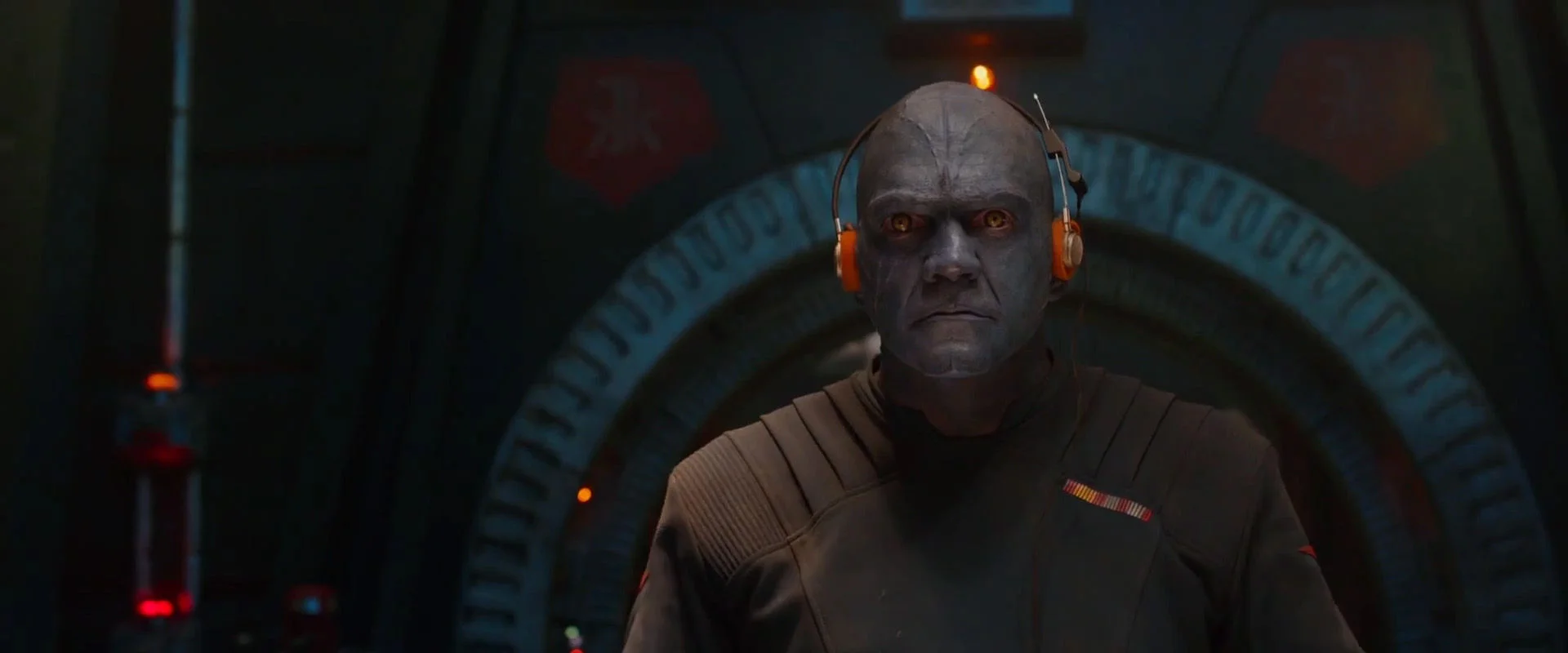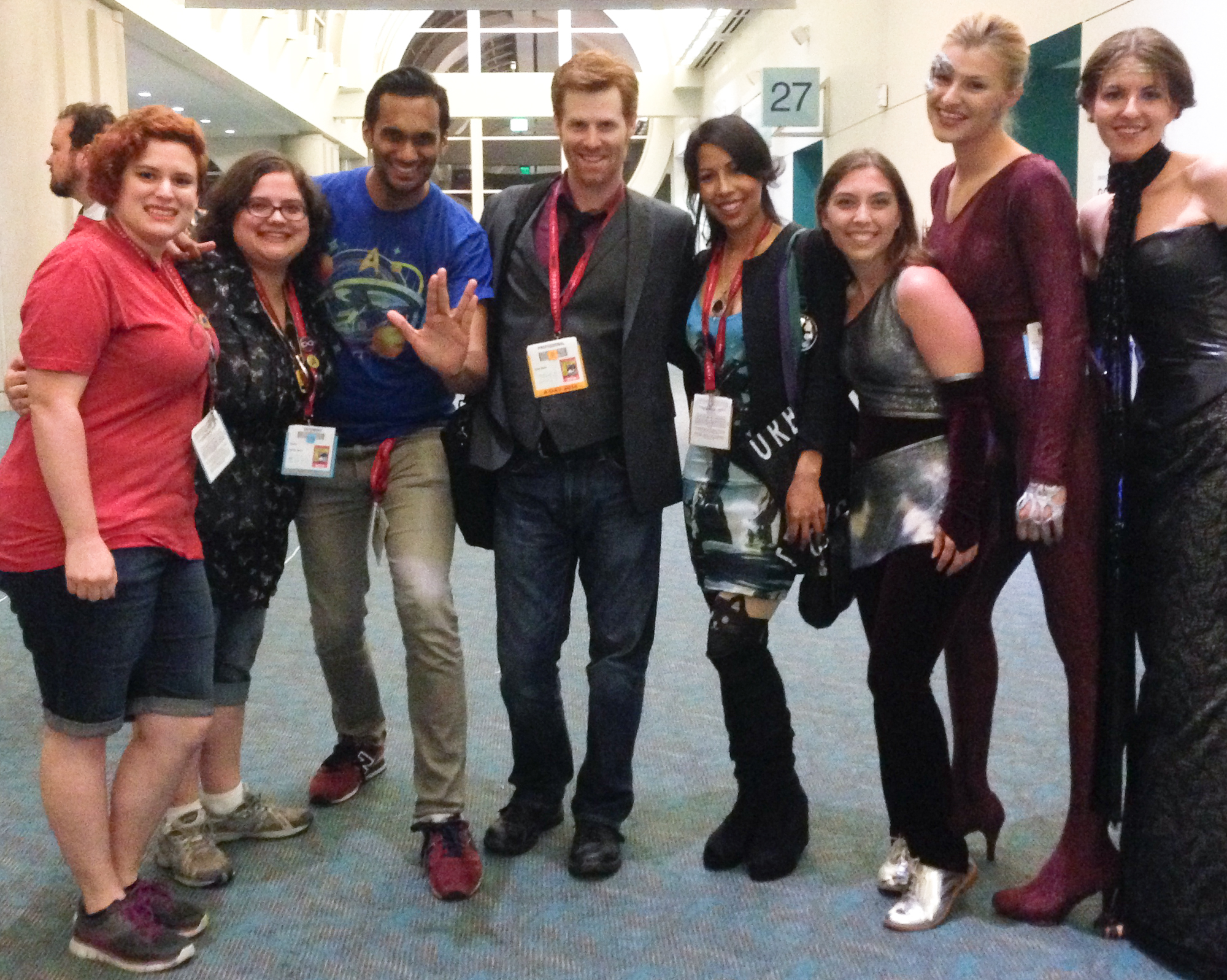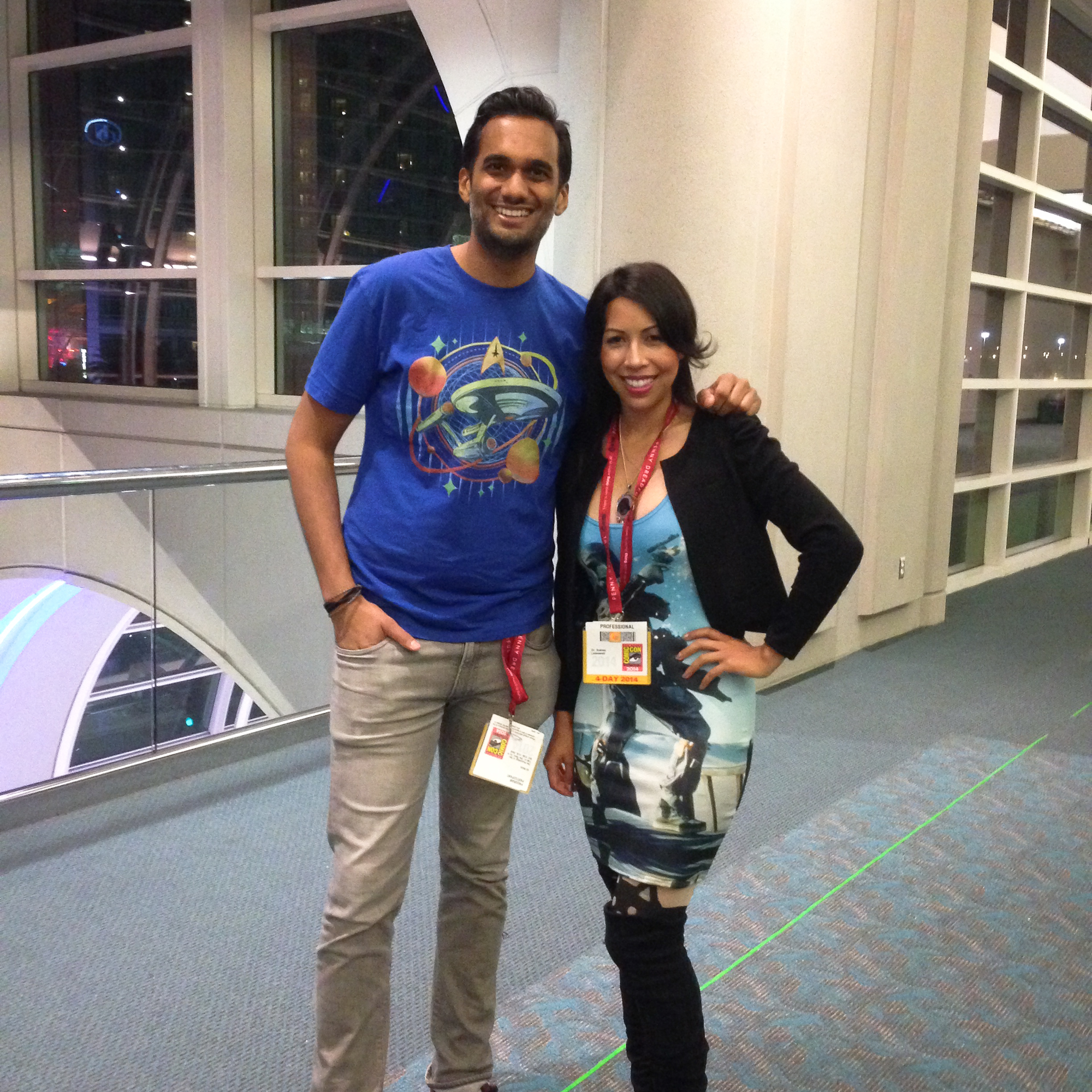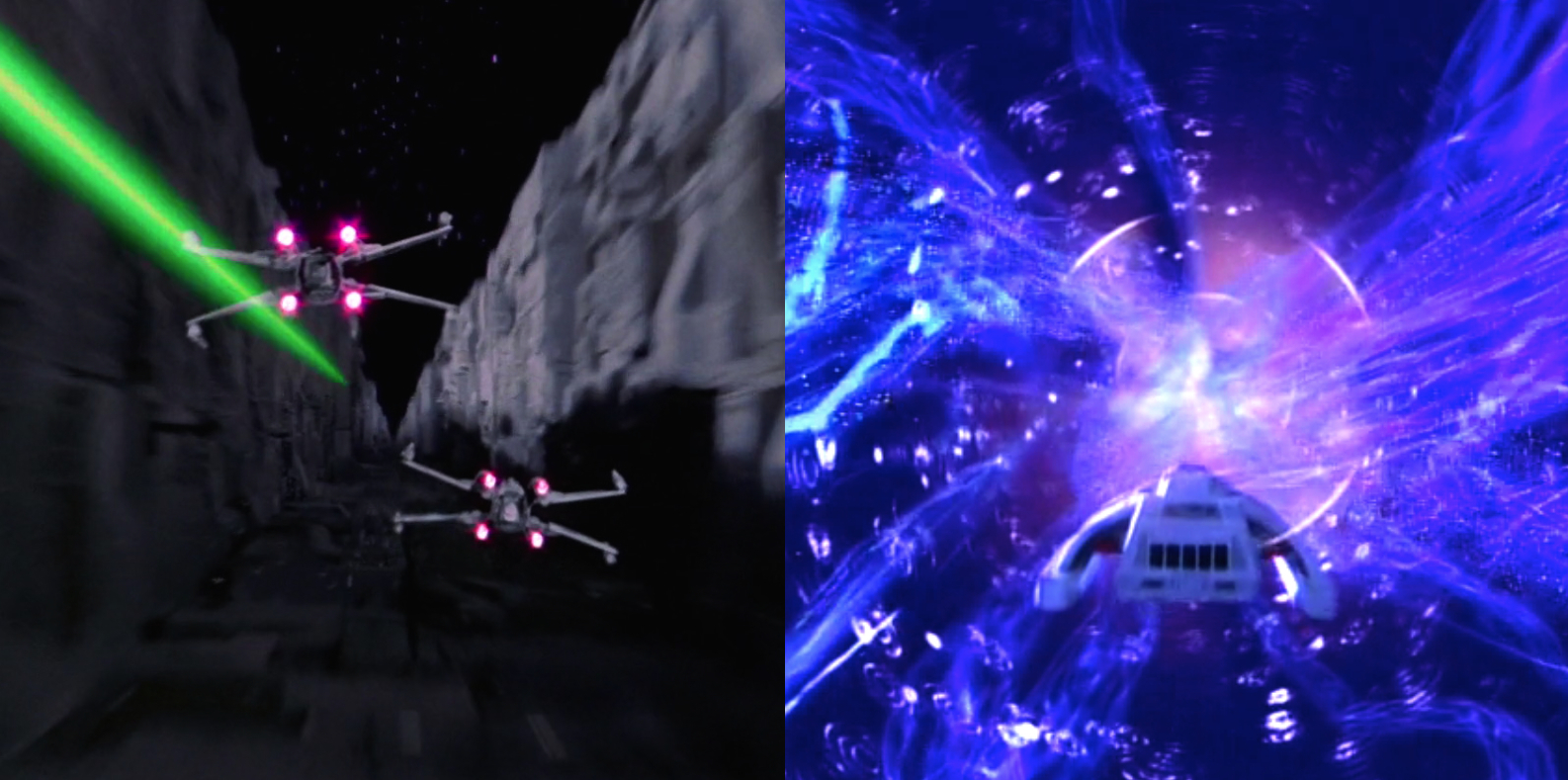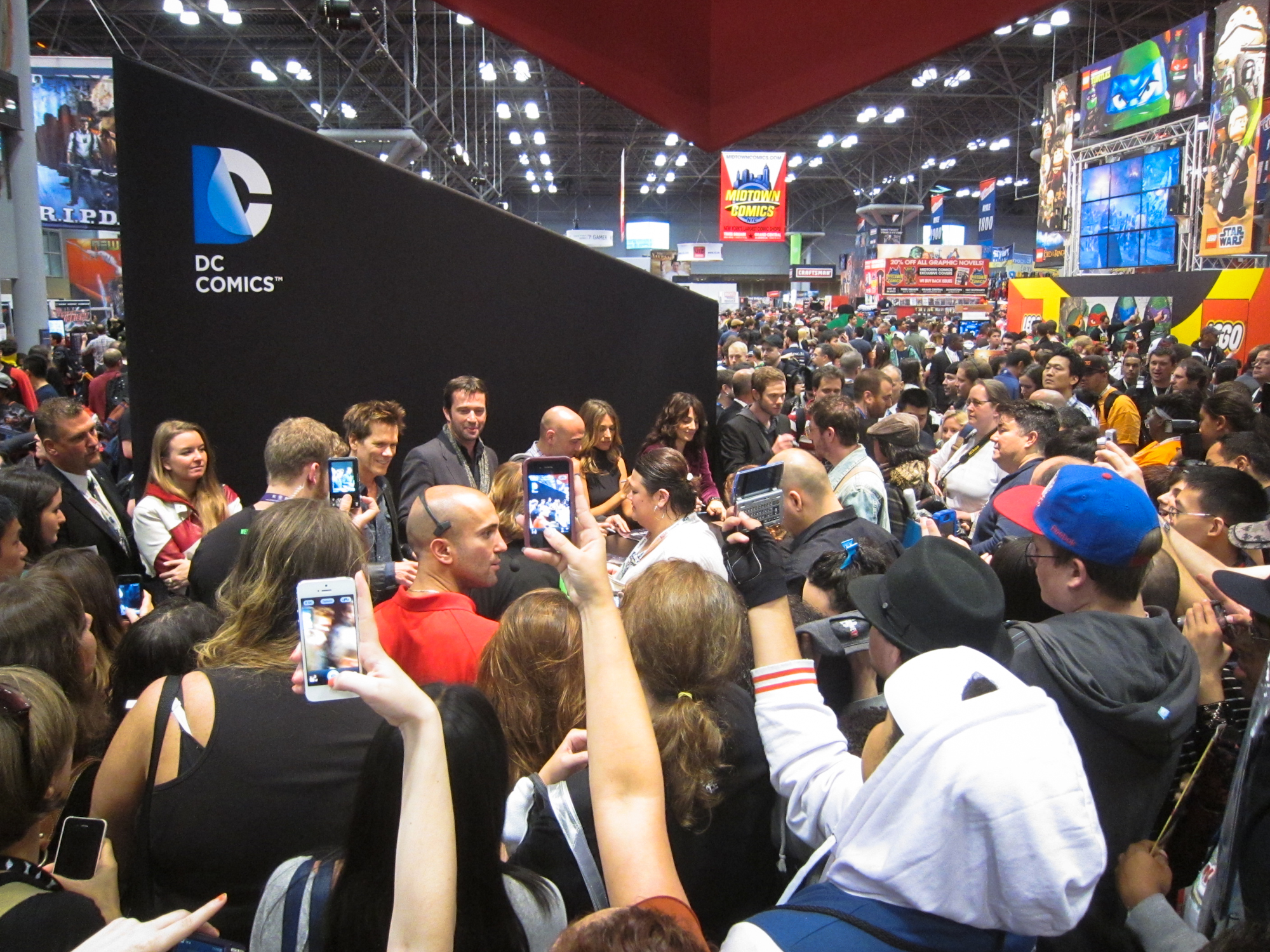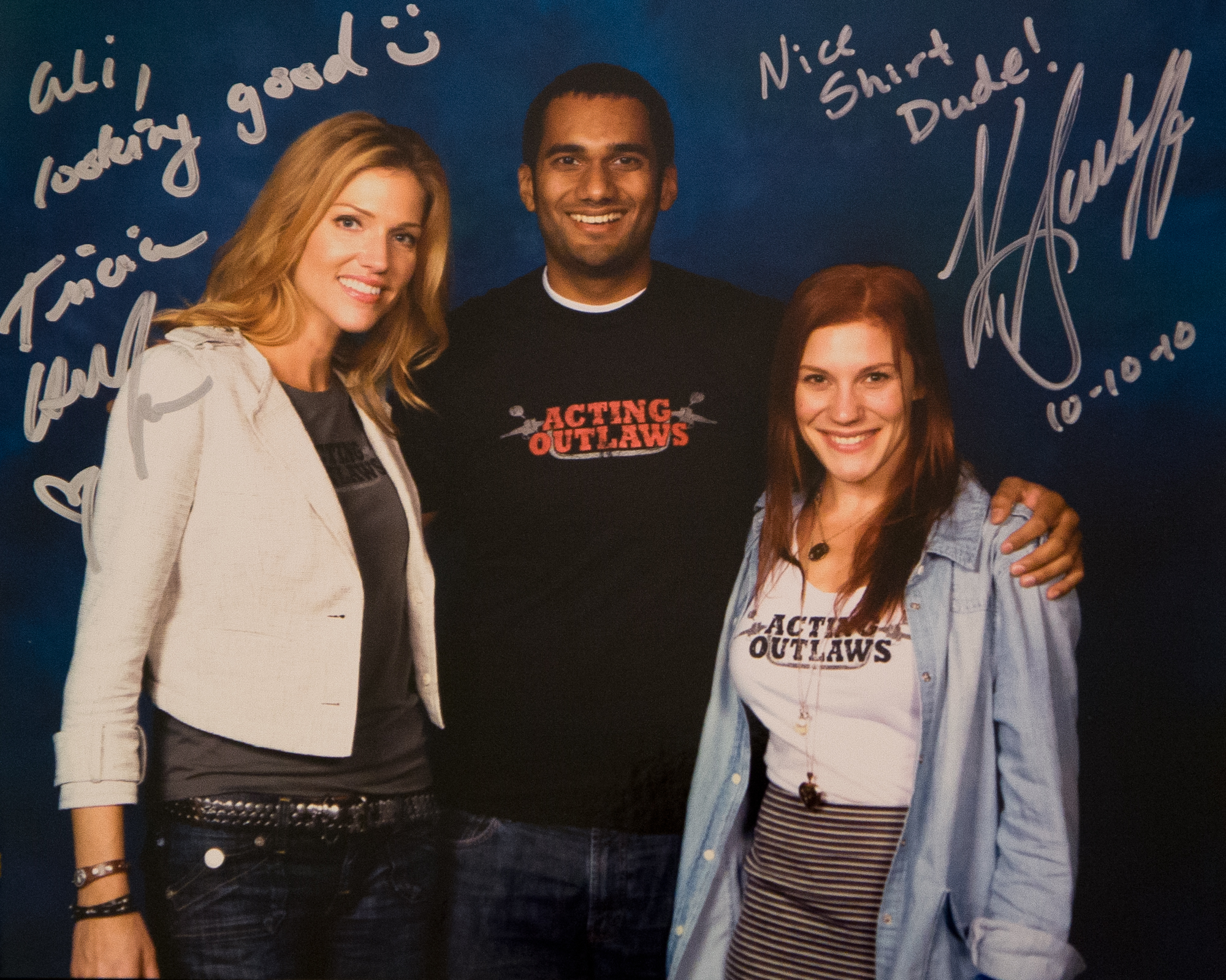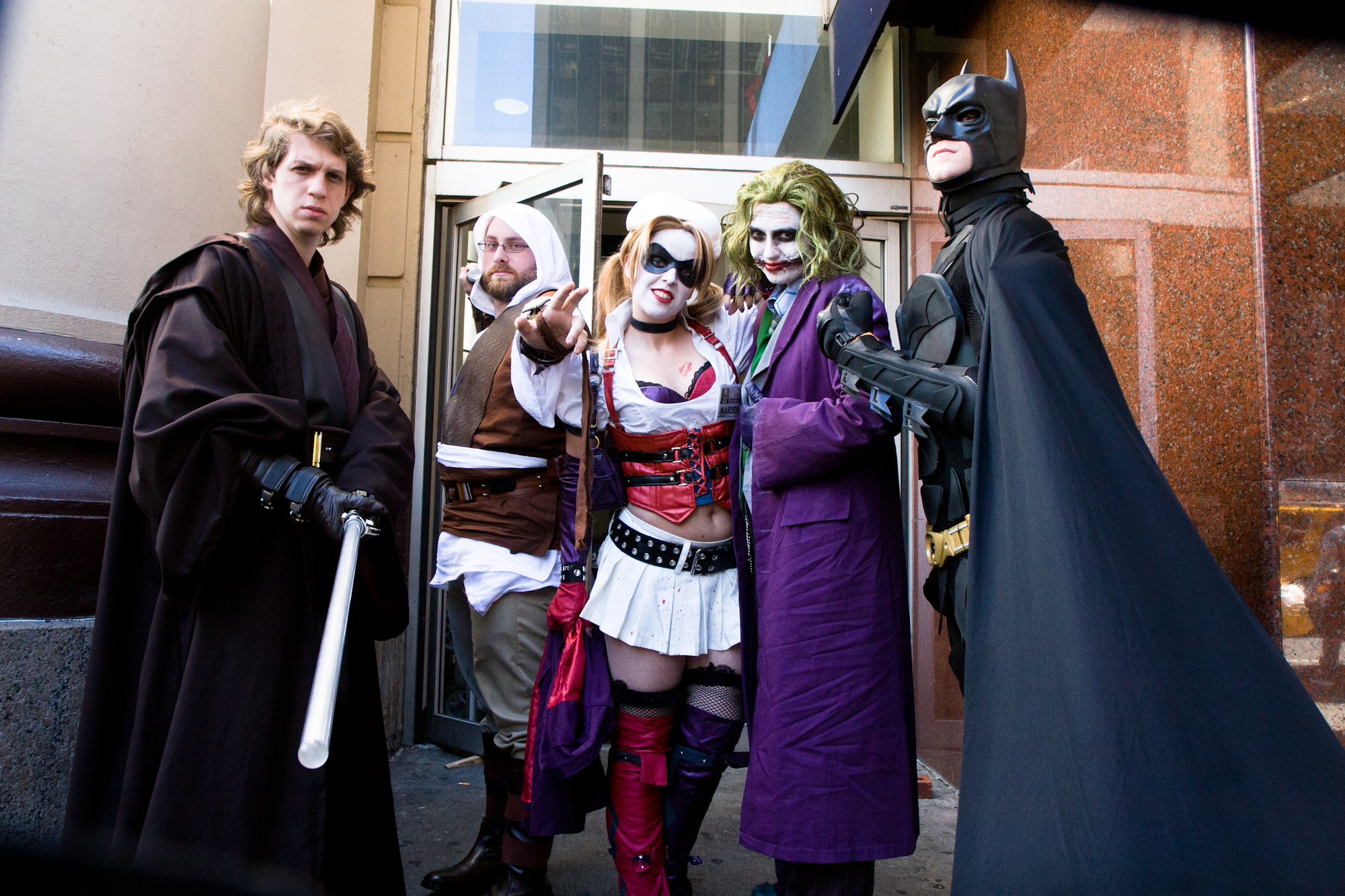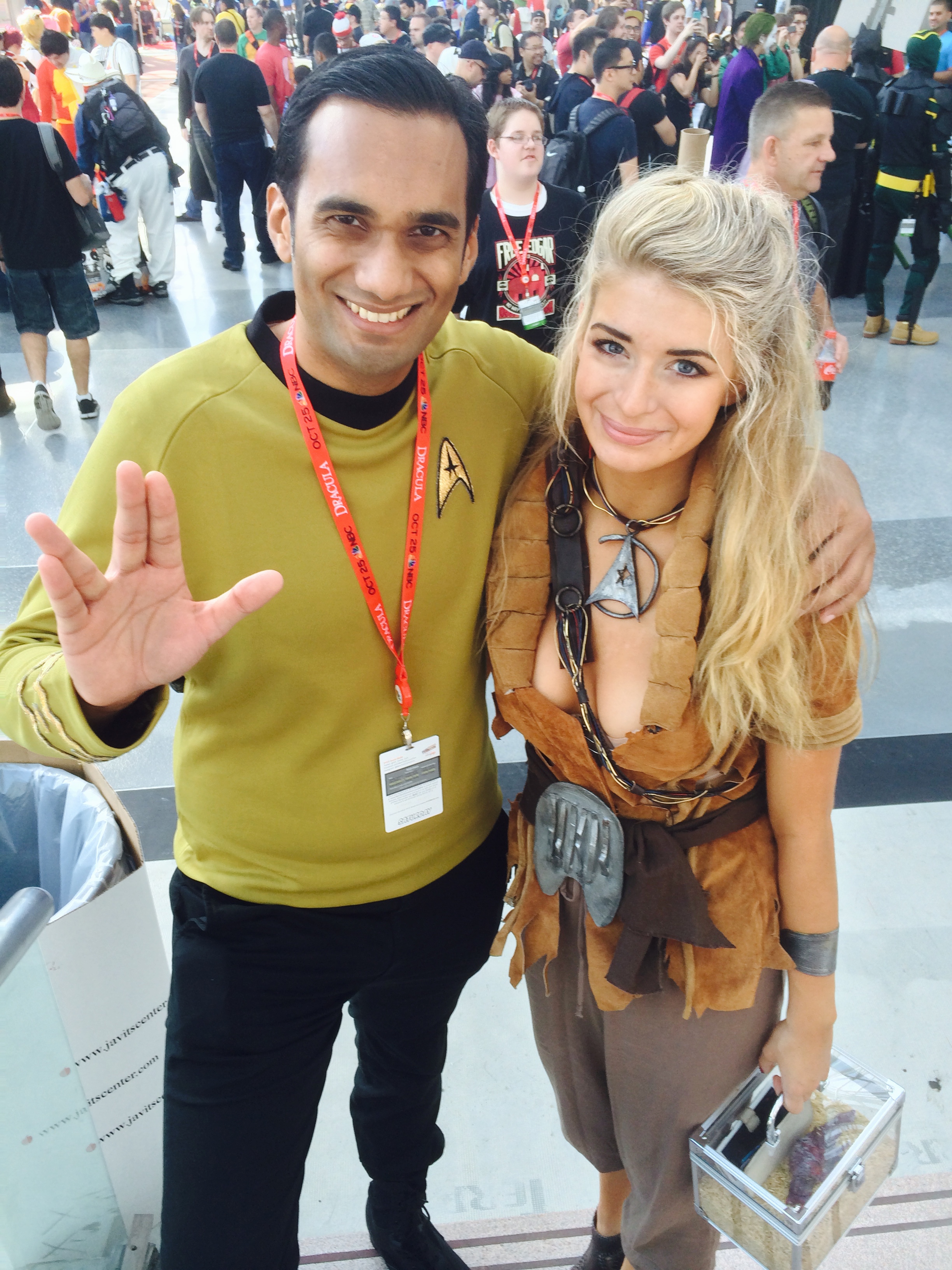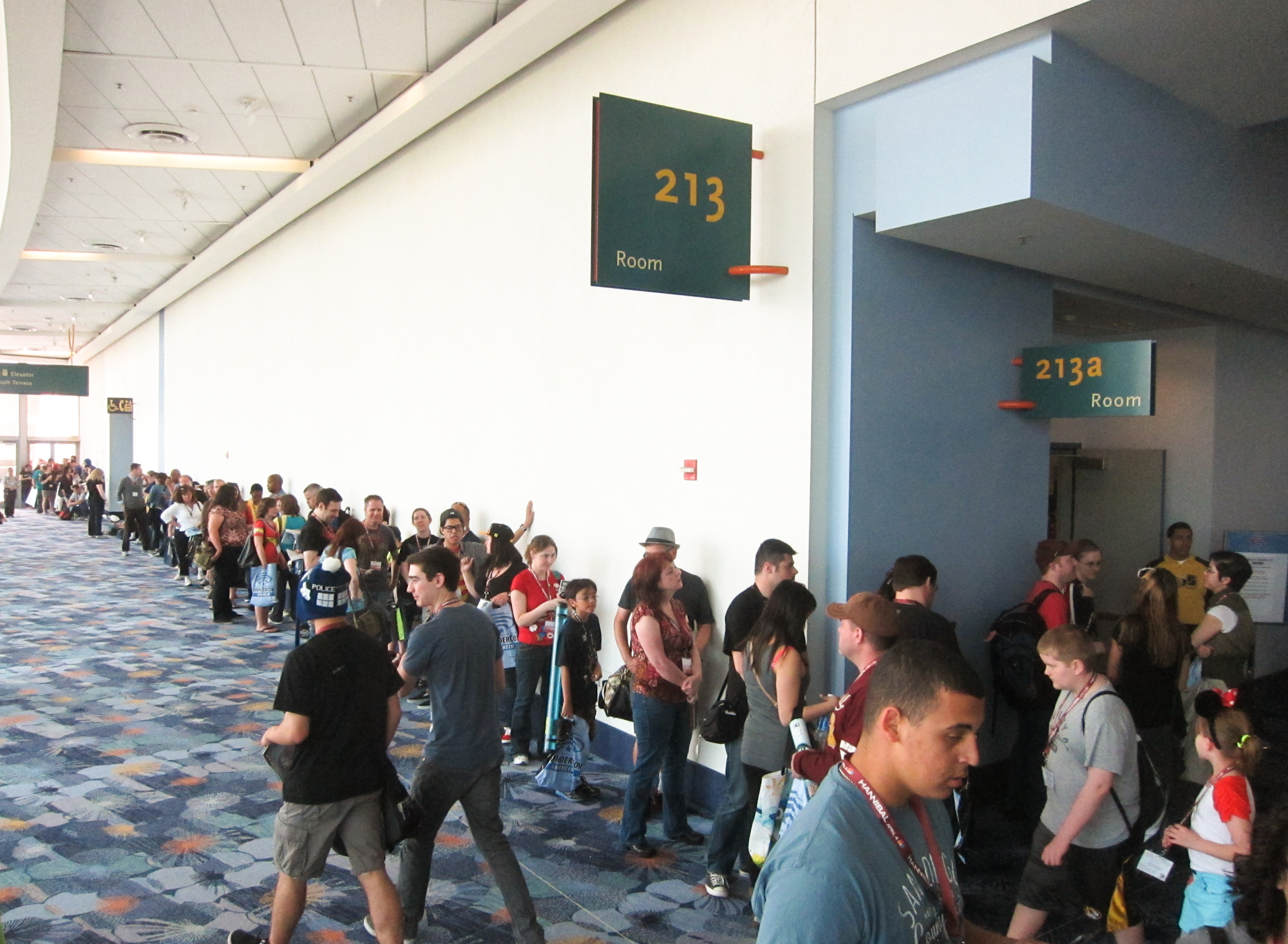Unlike Iron Man, Hulk, Thor, and Captain America, I had no idea who the Guardians of the Galaxy were when Marvel Studios announced the film at Comic Con 2012. When details started to leak, I got pretty excited. Fresh characters set in a wild science fiction universe from a studio known for making consistently fun movies? Count me in!
Now that it's out, people are calling Guardians of the Galaxy the spiritual successor to Star Wars. I wouldn't go that far, but watching the film is an awesome experience. I love its message, nostalgia explosion, and mood-altering music. What's the psychology of Guardians of the Galaxy? It’s all represented by Star-Lord's Walkman.
No spoilers ahead, just analysis.
More Marvel Fun, Same Marvel Problems
Groot and Rocket
Most of Guardians of the Galaxy works extremely well. The cinematography and special effects are beautiful, particularly all the cosmic IMAX scenes. The ships, worlds, and space stations have that “lived in” feeling of the original Star Wars trilogy. It’s not just the environment that feels real – the film’s wacky cast of characters does as well. From Rocket, the genetically engineered raccoon, to Groot, a walking tree with the same speech problem as Hodor, you don’t have to suspend your disbelief too much to enjoy this film. That’s one of the biggest achievements of Guardians of the Galaxy – it takes some weird science fiction premises and makes them relatable. Seriously, this is a big deal! Lots of other science fiction epics have tried to do this (Dune, Green Lantern) and completely failed. Credits go to science nerd Nicole Pearlman for writing an approachable script and James Gunn for directing a perfectly cast film.
This is what Marvel Studios does best. Their whole Cinematic Universe is based on making their comic book heroes easy to understand and a lot of fun to watch. However, Marvel can’t seem to create any interesting villains beyond Loki. Every Marvel Studios villain is motivated to destroy a realm/planet/galaxy using whatever magical object happens to be in the film. This keeps Guardians of the Galaxy from succeeding Star Wars. Darth Vader is a memorable villain. Ronan the Accuser is not. Sure, there’s that other guy in this film, but you have to be a big comics nerd to appreciate who that person is and what he could become in future films.
Shared Goals Unite the Guardians of the Galaxy
Even though the film’s villain bored me, I loved watching Peter "Star-Lord" Quill, Gamora, Drax, Rocket, and Groot become the Guardians. Underneath all the humor and action are some great messages about teamwork. The Guardians start out as adversaries who realize they have much more to gain if they work together as a team.
It isn't just sentimental – it’s scientifically accurate. In a classic social psychology experiment, Muzafer Sharif put teams of boys in a summer camp and made them compete. The two groups were pretty nasty to each other (think Gryffindor and Slytherin). But when Sharif introduced an obstacle that could only be overcome if both groups worked together (fix the camp’s water supply), the boys overcame their differences, fixed the problem, and eventually became friends.
Similarly, Quill, Gamora, Drax, Rocket, and Groot all have different goals they want to achieve, but the only way any of them has a chance of succeeding is by teaming up. It’s just like the “superordinate goals” of Sharif’s study.
X-Men: Days of Future Past did a better job exploring the psychology of teamwork and collaboration, so I’m not going to belabor the point here. I’d much rather talk about that Walkman.
Nostalgia and the Importance of Stuff
Star-Lord's nostalgia command center. Click to enlarge.
Successful science fiction takes ideas that exist in popular culture and presents them in a stunning new way. Guardians of the Galaxy does this with our nostalgia for 1980s culture. There’re a lot of visual references that evoke Raiders of the Lost Ark, Flight of the Navigator, and The Last Starfighter. But what really impacted me was how much Quill treasures his memories of the 80s. He loves his Walkman and mix tape, named his ship after Alyssa Milano, speaks of John Stamos the legendary outlaw and the great heroism of Footloose. Each of these moments gets a good chuckle from the audience and brings back fond memories of Full House (at least for those of us over the age of 30). But for Quill, these things are “the umbilical cord that connects him to earth and the home and family he lost.”
This is what I love most about Guardians of the Galaxy – it perfectly explains the psychology of nostalgia and why we hold on to stuff. All of our emotions exist to quickly communicate information. Sadness tells us a loss has occurred. Anger notifies us that we’ve been wronged. Anxiety warns of danger. What does nostalgia do? Think about a fond memory from your childhood – those scratch and sniff stickers, watching ALF, making a mix tape, any of them is fine. Take a break from this article and let your memories wander back to the 80s.
When you get nostalgic, what happens? You probably feel good for a little bit and then you start thinking about the people in those memories – friends, siblings, or your parents. Maybe you get an urge to reach out to one of those individuals. Or perhaps you want to share your story with someone nearby. That’s why nostalgia is built into our software – it reminds us that social relationships are important and encourages us to connect with the people we love. Objects from our past, and things that remind us of our past, preserve our memories and connect us with our loved ones. By holding tightly to his Walkman, Quill keeps the memory of his family alive. It’s probably Quill’s nostalgia (and how much he wants to connect with others) that makes him so motivated to turn Gamora, Drax, Rocket, and Groot into his friends.
Of course nostalgia is exploited all the time to sell products (like this film), but the way Guardians of the Galaxy tells this story validates a big trend in pop culture. Those of us who grew up in the 80s like to buy stuff that reminds us of our childhood. It’s not that we’re childish or have some kind of psychological problem. We’re just trying to keep the memories of those important experiences alive, just like Star-Lord. That's why I've got a collection of Street Fighter video games and toys at home. They bring back beloved childhood memories of hanging out with my brother before he passed away.
The Mood-Altering Power of Music
Speaking of nostalgia, I need to talk about Awesome Mix Vol. 1. I CAN’T STOP LISTENING TO IT! Yes, it’s that good. Full of killer music from the 70s, the soundtrack ties into Quill’s story in a meaningful way and has a powerful impact on your emotions while watching Guardians of the Galaxy.
I’ve written before about music’s ability to sync us together, communicate like language, change our feelings, take us back in time, and express our identities. Awesome Mix Vol. 1 does all of those things, at the same time, with every song, in every scene of the film. Again, there might have been a strong commercial incentive here for Marvel Studios (the album is #1 on iTunes right now), but I love that they’ve created something that I can use anytime I need to lift my emotions and feel less like an a-hole.
Guardians isn’t Star Wars, it’s Back to the Future
Back to the Future
If you look at the role of nostalgia and music in Guardians of the Galaxy, you see the film has a lot more in common with Back to the Future than it does Star Wars. Like Back to the Future, Guardians of the Galaxy uses nostalgia about a past era to help different generations of audiences connect with each other. I’m sure most kids walk out of the movie asking their parents about Walkmans, mixtapes, and why Star-Lord wasn't using an iPod. Maybe some of those families went on to listen to Awesome Mix Vol. 1 together on the trip home. This is why it's so easy to to forgive Guardians of the Galaxy’s few weaknesses – the film is going to help a ton of people connect with each other and introduce a whole new generation to the wonderful world of 70s music and 80s culture.
That is awesome.
To learn about the individual psychology of Guardians of the Galaxy, check out Dr. Andrea Letamendi's analysis at Comics Alliance. AV Club captures what's wrong with Marvel Studios 3rd acts in their review. I like Variety's description of Guardians of the Galaxy as the "underachieving freaks and geeks" of the Marvel universe. You can hear me discuss Guardians of the Galaxy on Episode #29 of the Super Fantastic Nerd Hour.




